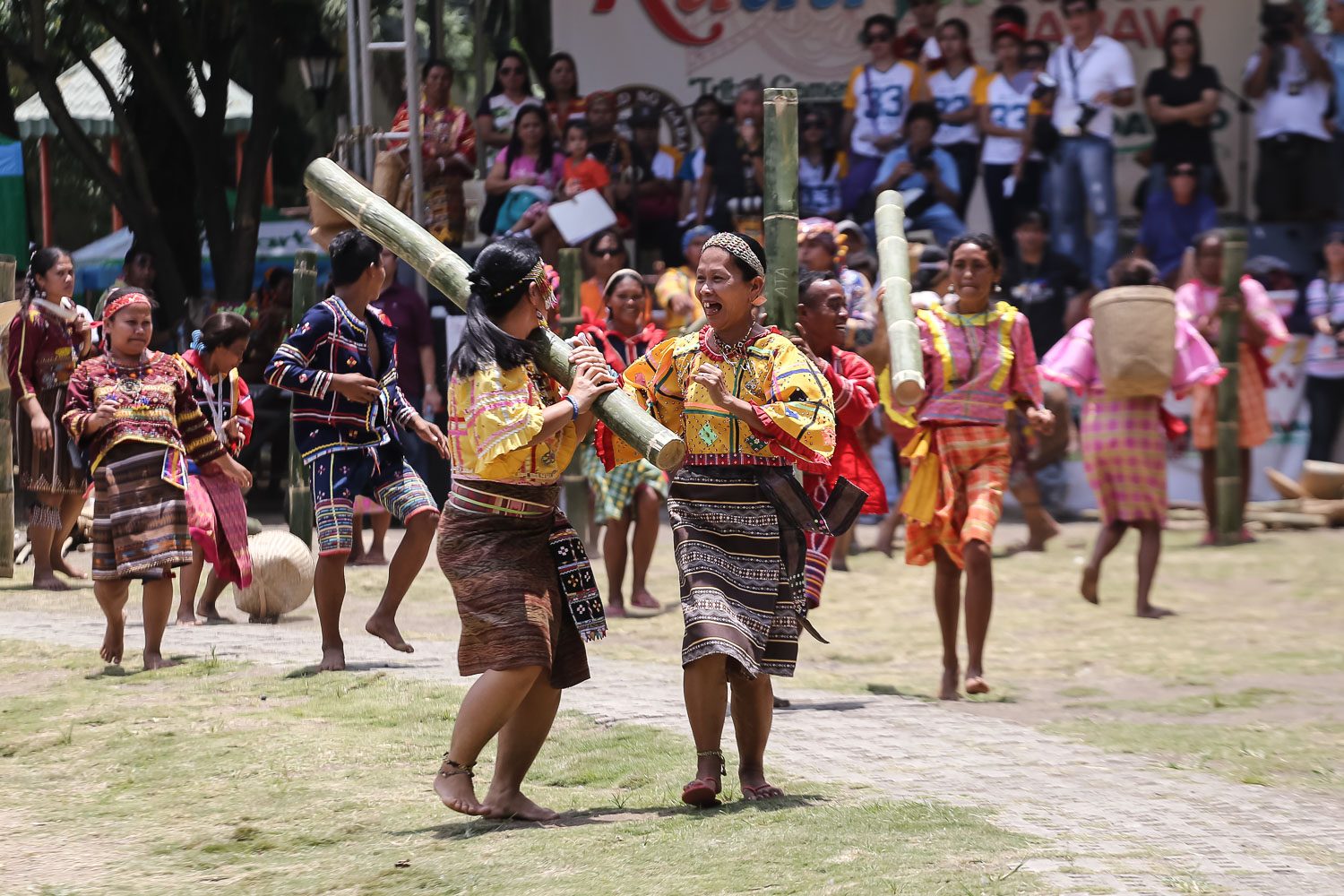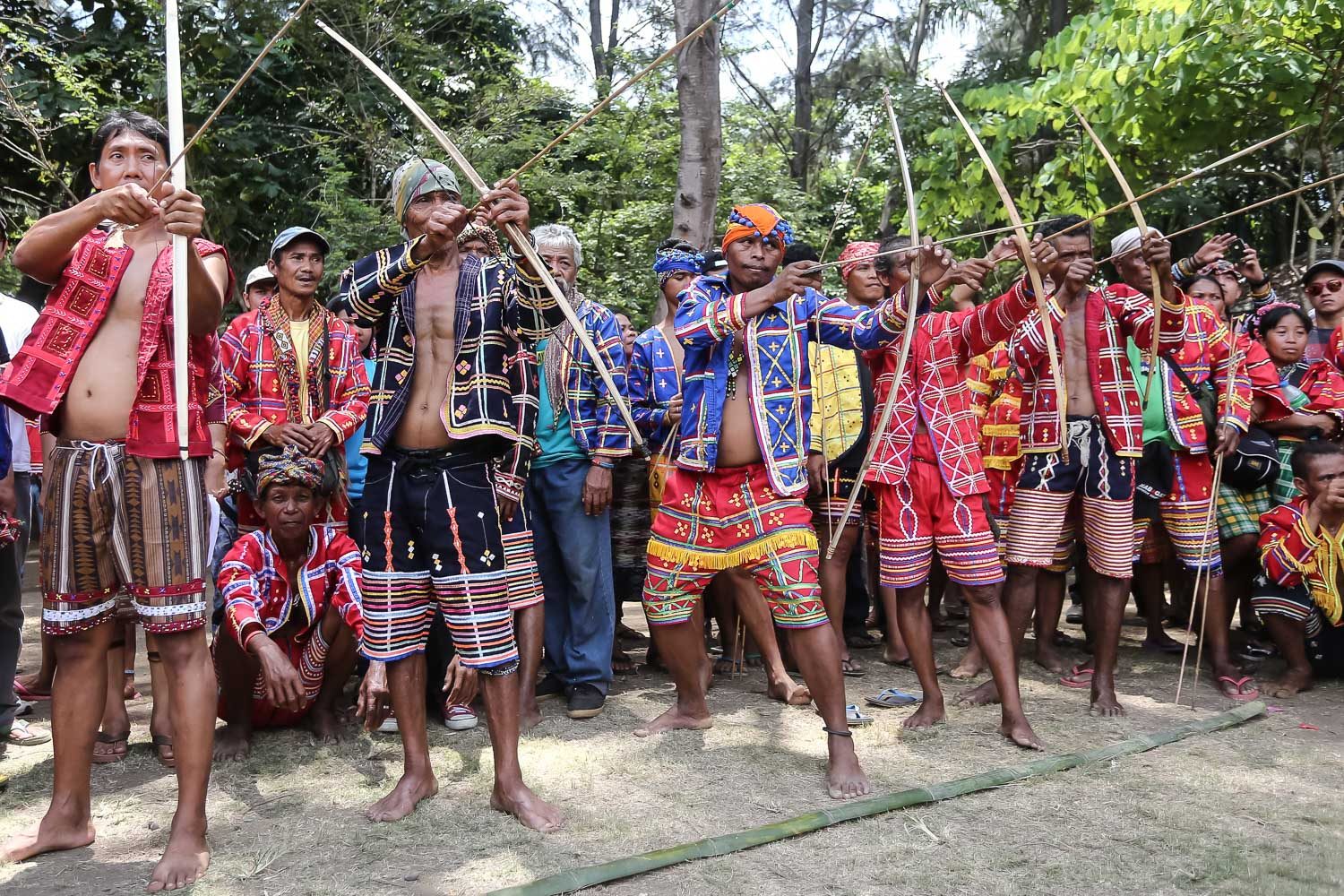SUMMARY
This is AI generated summarization, which may have errors. For context, always refer to the full article.

DAVAO CITY, Philippines – Davao City will soon charge anyone found “altering” authentic attire of the 11 Lumad and Moro tribes recognized as the city’s original inhabitants.
The city council passed the “IP (Indigenous People) Attire Ordinance” on Tuesday, November 7. It was introduced to the local legislative body by Councilor Bai Halila Sudagar, who also chairs the committee on cultural communities and the Muslim affairs committee.
The ordinance, which now awaits the approval of the city mayor, requires any parties organizing public events that use IP traditional attire to undergo mandatory cultural consultation and orientation.
Once they go through the consultation, they will be issued a certificate of attendance signed by the Office of Cultural Community Affairs (OCCA) under the Office of the City Mayor.
Also prohibited is the altering of the IP attire despite possessing proof that parties have secured permit from the said office.
Offenders are to be handed over to the OCCA for a mandatory seminar. If they commit the violation a second time, they are to pay a fine of not more than P1,000; 3rd-time offenders are required to pay not more than P2,000.
The measure, according to Sudagar, is “to recognize, respect, preserve, and protect the cultural, religious or social signiicance of every color, fabirc design, cut and style embedded in all tribal attire of the IP/Indigenous Cultural Communities in Davao City.”

Davao City has at least 11 recognized tribes: the Ata, Kagan, Klata, Matigsalug, Obu-Manuvu, Tagabawa, Maguindanaon, Maranao, Sama, Iranon, and Tausug. They are said to be the original settlers of the city long before Christianized Filipinos from Luzon and the Visayas migrated to the region.
Each of these tribes has a representation in the local government through their deputy mayors, with whom Mayor Sara Duterte recently held dialogues for them to keep an eye on the possibility of a spillover of the siege in Marawi City.
In particular, the ordinance covers individuals and companies involved in the preparation, organization, and actual performance of public events that showcase, represent, symbolize, or claim that they are exhibiting the “authentic” IP attire of a particular tribe in Davao City.
Each year, the city holds two big cultural events, namely the Araw ng Dabaw in March and the Kadayawan Festival every 3rd week of August.
Culural appropriation often becomes a sensitive issue around the country. In October, Davao City-based writer Jesse Pizarro Boga’s Facebook post on a female model wearing a T’boli fabric became viral as he called out people taking pride in it, despite how inappropriate the fabric was used. – Rappler.com
Add a comment
How does this make you feel?
There are no comments yet. Add your comment to start the conversation.